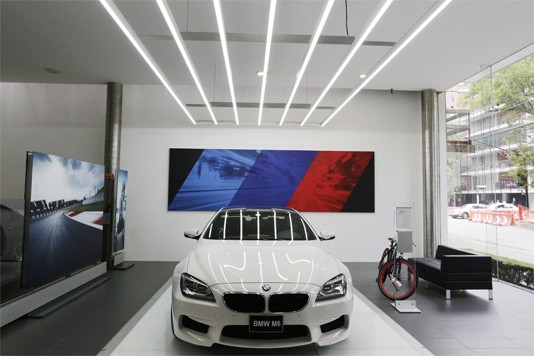Daimler AG and other makers of luxury cars are either starting or expanding production in China to cut costs and cushion potential discounts as luxury demand cools following President Xi Jinping's anti-extravagance campaign, according to a report from Reuters.
President Xi Jinping, since he took over as party leader in Nov. 2012, has aimed at driving out extravagance and corruption in China. Among other measures, regulations have been introduced that ban or discourage the use of luxury cars.
As a consequence, global think-tank IHS Automotive now predicts that premium car sales growth will slow to 5 percent by 2018 from an average annual growth rate of 30 percent over the past decade.
The market for ultra-luxury cars, defined as those selling for more than 2 million yuan ($326,632) apiece, has already dropped sharply. Ultra-luxury models will barely grow over the next five years, according to management consultancy firm A.T. Kearney. The market for the less expensive premium brands like Germany's BMW has also shown signs of softening, according to Reuters.
In order to be able to respond quickly to the fast-changing market trends, most luxury-car makers have opted to localize their operations in China. By doing so, they could also avoid having to pay heavy import duties. They could likewise be able to price their products more competitively.
Adding to Daimler AG and other luxury car makers already operating in China, Britain's Jaguar Land Rover last month opened its first overseas plant in the eastern city of Changshu.
Also last month, Ford Motor Co (F.N) launched its premium Lincoln brand in the country. General Motors' (GM.N) Cadillac and Nissan Motor's (7201.T) Infiniti have also already joined the rush to localize production. Volkswagen announced plans to introduce luxury cars in China next year.
Aside from localizing production, one other strategy adapted by luxury-car makers is selling smaller or entry-premium cars.
Andreas Graef of A.T. Kearney noted that the downsizing trend is even spreading to the ultra-luxury segment of the premium car market. He told Reuters: "You have small Rolls-Royce, smaller Bentleys," said Graef. "You probably will very soon have a smaller Maserati."



























